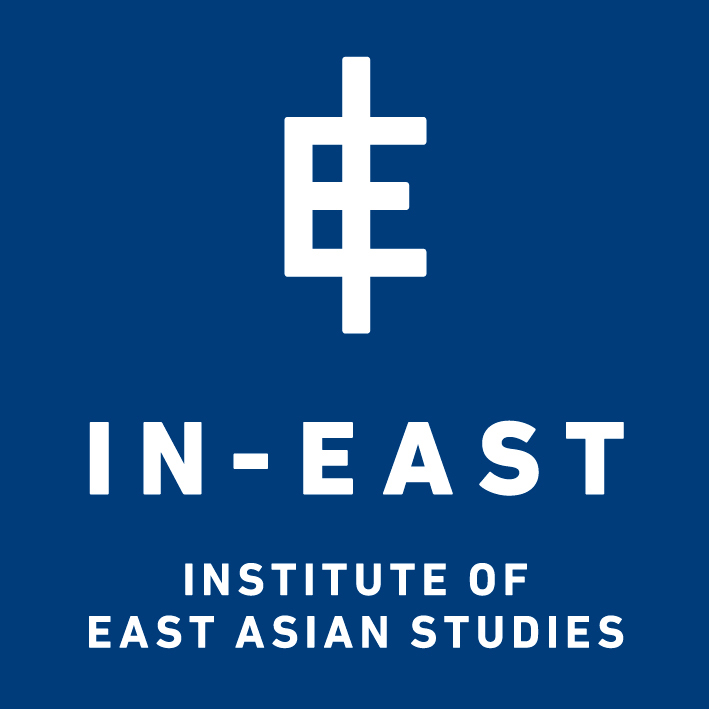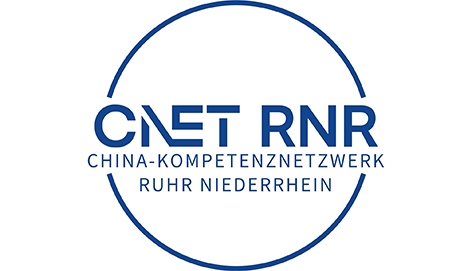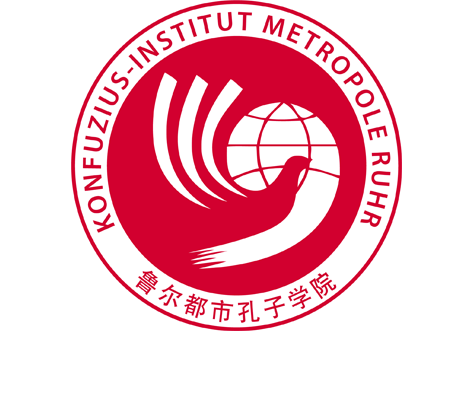East Asia Talks
East Asia Talks
Ostasien-Gespräche
In the East Asia Talks, researchers from IN-EAST and external experts discuss current issues related to East Asia at irregular intervals. They address interested parties inside and outside the university.

Monday, October 24, 2022, 6–8 p.m. CEST (Duisburg time)
Decoding China’s 20th Party Congress
This East Asia Talk was recorded.
The video is available at the following link:
https://www.youtube.com/watch?v=22aZ_YEBHaQ
Abstract
According to China’s official state news agency, the 20th National Party Congress will start on October 16, 2022, in Beijing. This congress, which convenes only every five years, will formally decide upon the composition of the highest organs of the Chinese Communist Party. Will Xi Jinping, as widely expected, remain General Secretary and (in March 2023) be re-elected as State President? Which political factions will be part of the next Politburo? And what will be the implications of this new factional (im)balance for China’s positioning on the global stage?
Interpretation service
The event’s spoken content will be interpreteted simultaneously in both directions (German / English).
Contributors
Greeting: Barbara ALBERT (Rector, University of Duisburg-Essen)
Moderator: Nicole BASTIAN (Handelsblatt)
Panelists:
- Shaun BRESLIN (Warwick University, Coventry)
- Kerry BROWN (King’s College, London)
- Nele NOESSELT (University of Duisburg-Essen)
- Markus TAUBE (University of Duisburg-Essen)
- Susanne WEIGELIN-SCHWIEDRZIK (Wien University)

Shaun BRESLIN is Professor of Politics and International Studies at the University of Warwick, Coventry. He is co-editor of The Pacific Review, his research focuses on China’s changing domestic political economy, and the impact of China’s rise on the nature of the global order. He also has a side interest in comparative studies of regional integration processes. His latest book, China Risen? Studying Chinese Global Power has been published by Bristol University Press in 2021.

Kerry Brown is Professor of Chinese Studies and Director of the Lau China Institute at King’s College, London. He is an Associate of the Asia Pacific Programme at Chatham House, London, an adjunct of the Australia New Zealand School of Government in Melbourne, and the co-editor of the Journal of Current Chinese Affairs, run from the German Institute for Global Affairs in Hamburg. Among other distinguished positions in research and diplomacy, Kerry Brown directed the Europe China Research and Advice Network (ECRAN) giving policy advice to the European External Action Service between 2011 and 2014.

Nele Noesselt holds the chair of Political Science & Politics of East Asia/China at the University of Duisburg-Essen. She is currently Director of the Institute of East Asian Studies. Since 2017, she is the speaker of the AREA Ruhr Graduate School Transnational Institution Building and Transnational Identities in East Asia (joint PhD program of the University of Duisburg-Essen and the Ruhr University Bochum). Her research agenda ranges from general issues of comparative politics and domestic governance to world politics and theories of international relations. Her current research project focuses on visualized narratives of world politics and global role contestations.

Markus Taube holds the Chair for East Asian Economic Studies / China at the Mercator School of Management and the IN-EAST. He is also Co-Director of the Confucius Institute Metropolis Ruhr, Duisburg. He is a member of the Advisory Boards of the Mercator Institute for China Studies (MERICS), Berlin, and the Chinese Economic Association / Europe (CEA), as well as member of the Research Council of the Stiftung Wissenschaft und Politik (SWP), Berlin, and of the Corporate Development Council of the Duisburger Hafen AG (duisport). Markus Taube started his academic career studying Sinology and Economics at the Universities of Trier and Wuhan and received his doctorate at the Ruhr University Bochum. Before joining the University of Duisburg-Essen he worked at the ifo Institute for Economic Research, Munich. He is a founding partner of THINK!DESK China Research & Consulting.

Susanne Weigelin-Schwiedrzik was Professor of Sinology at the University of Vienna (2002–2020). From 1989 to 2002 she was Professor of Modern Sinology at the University of Heidelberg, for some years also Prorector for International Relations. She studied Chinese History and Literature as well as Political Science at the Universities of Bonn and Bochum. To date, she is a member of the Center for Strategic Analysis, Vienna. Her research focuses on the history of China and East Asia in the 20th century, politics and economics in post-reform and post-opening China, and contemporary Chinese discourse on the memory of the Great Famine and the Cultural Revolution.

Tuesday, April 26, 2022, 12–14 h CEST
Civil Societies’ Reactions of East- and Southeast Asian Countries to the Russian War on Ukraine
The Russian invasion of Ukraine and the US- and EU-led response to it are watershed events in global affairs with far-reaching political and economic implications for East and Southeast Asian stability. Governments in these regions have largely sided with the USA and the EU in the General Assembly of the United Nations; however, due to historically rooted and strategic reasons, most Southeast Asian governments did not join the West’s efforts in sanctioning Russia. As the long-term consequences of the geopolitical and economic shifts initiated by this conflict will become discernible, analysis of the divergent perspectives in public opinions and civil society organizations as well as the evaluation states’ responses are urgent. This panel discussion was a first attempt to provide a critical assessment of the responses of selected countries across East and Southeast Asia.
Welcome:
Franz Waldenberger (Director, DIJ)
Nele Noesselt (Director, IN-EAST)
Moderation:
Claudia Derichs
Hee Kyoung Chang (Korea)
Kasira Cheeppensook (ASEAN)
Manuel R. Enverga III (Philippines)
David M. Malitz (Japan)
Surachanee Sriyai (Thailand)
Patrick Ziegenhain (Indonesia)
The panel was organized jointly by the Institute of East Asian Studies at the University of Duisburg-Essen (IN-EAST), the German Institute of Japanese Studies, Tokyo (DIJ), the Chair of Transregional Southeast Asian Studies at Humboldt University Berlin, and the Faculty of Political Science, Chulalongkorn University, Bangkok.
For the online panel discussions, we ask for the following "netiquette":
- Please ensure that your full name (without abbreviations) is displayed.
- Please turn off your camera and mute your microphone at the beginning of the Zoom event, and keep it that way during the panel.
- For questions and comments, please use the chat function. You can address your contributions openly to all participants.
- Please use a keyword to indicate which aspect of the topic is being discussed and to whom in the discussion group the question is directed.
- If your question is recorded by the moderator, you may be asked to activate your microphone and camera.
- Anyone who asks a question agrees to have their name mentioned.
- We will record the event.











